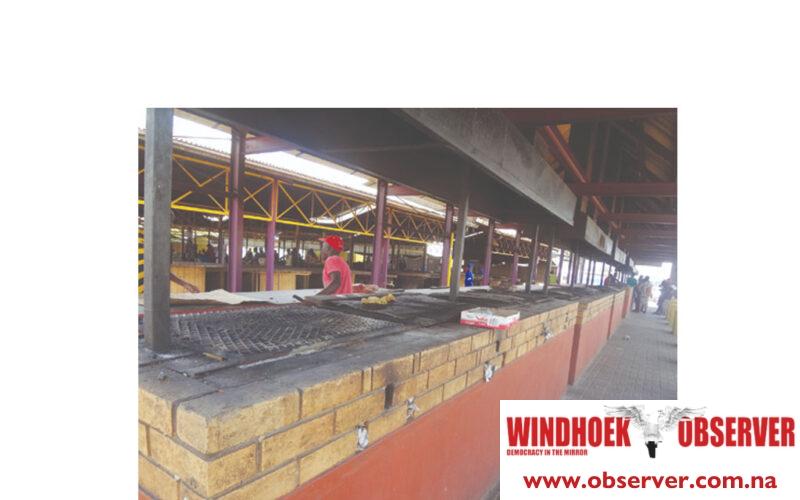Hertta-Maria Amutenja
Horseshoe Market, colloquially known as Uutala Wa Libertina, located at Katutura Single Quarters, serves as a central hub for vendors including barbers, hairdressers, and tailors.
The market has recently attracted attention due to allegations surrounding unauthorized subletting of stalls and unclear ownership regulations.
One vendor, who preferred to remain anonymous, expressed that they feel like they are paying rent twice. The vendor detailed that both she and her stall mate, a barber, are required to contribute N$600 each per month directly to the market’s bank account.
Moreover, they must each pay an additional N$300 to the previous stallholders from whom they are subletting.
“We feel we are being stripped of our hard-earned money by selfish individuals. They are double charging us, and we barely make ends meet,” the vendor conveyed.
Further complicating the situation are claims of ownership by some subletters. The vendor noted that concerns raised in meetings or the market’s WhatsApp group are often dismissed with retorts such as, “Where were you when the previous owners were acquiring the stalls?”
Market Committee Chairperson, Nicky Markus, confirmed the ongoing subletting issues and disclosed that the committee, cognizant of these challenges, has been advocating for a reasonable subletting fee of N$200 to avoid exorbitant charges like N$700.
Initiated by the government through the Ministry of Urban and Rural Development in 1992, Horseshoe Market was established to offer affordable trading stalls and to promote SME growth.
Addressing the concerns, the Ministry’s Executive Director, Daniel Nghindinua, clarified that the stalls are government property, managed and regulated by the City of Windhoek (CoW) in terms of compliance with municipal by-laws.
However, he acknowledged a recognized deficiency in the proper regulation of stall activities, leasing, and subletting.
“There is currently a noticeable gap in terms of proper regulation relating to stall access, ongoing activities, and the leasing and sub-letting of stalls,” Nghindinua explained.
He added that the ministry, in collaboration with Windhoek municipality, is scrutinizing measures to address these challenges and instill order in the market.
Additionally, Horseshoe Market has been noted for its largely unrestricted sale of alcohol, a situation eliciting concerns within the community. In 2020, Minister of Urban and Rural Development, Erastus Uutoni, announced the government’s intention to frame regulations to control the sale of alcohol within the market.




